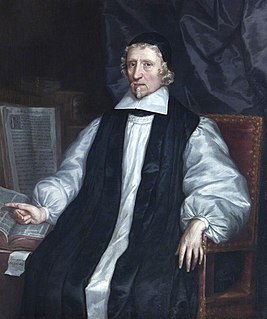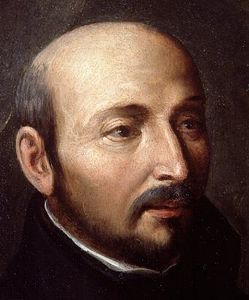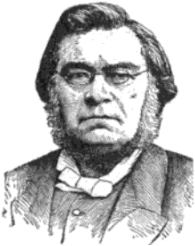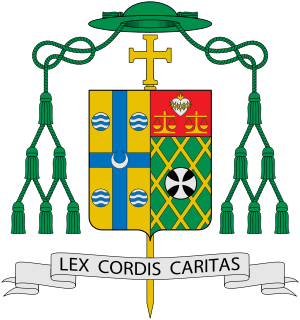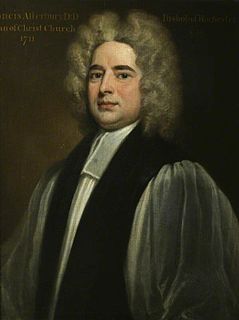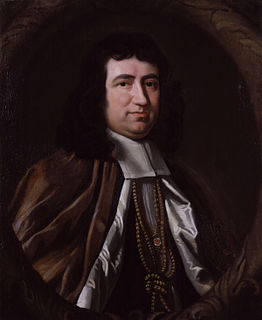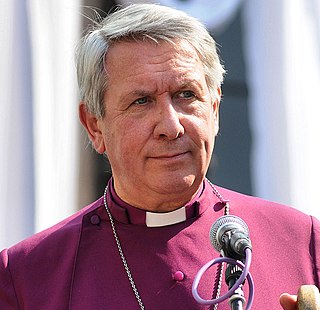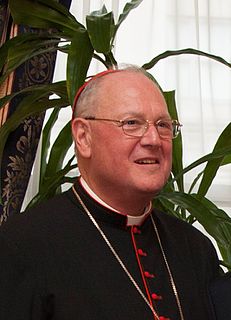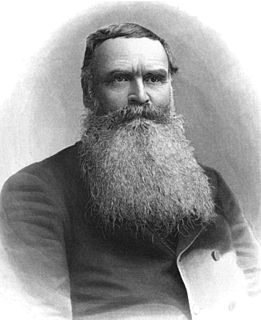A Quote by Edward Reynolds
God's mercy is a holy mercy, which knows how to pardon sin, not to protect it; it is a sanctuary for the penitent, not for the presumptuous.
Related Quotes
Pardon me, O perfections of my God, for having preferred imperfect and evil inclinations to Thee! Pardon me, O justice of my God, for having outraged Thee by my sins. Pardon me, O holiness of my God, for having so long stained Thy sight's purity by my sins. Pardon me, O mercy of my God, for having despised so long Thy mercy's voice. In deep sorrow and contrition, I cast myself at Thy feet: Have mercy on me.
Therefore, is thy brother a sinner? Then cover his sin and pray for him. Dost thou publish his sins, then truly thou art not a child of your merciful Father; for otherwise thou wouldst be also as he, merciful. It is certainly true that we cannot show as great mercy to our neighbor, as God has to us; but it is the true work of the devil that we do the very opposite of mercy, which is a sure sign that there is not a grain of mercy in us.
When Jesus died on the cross the mercy of God did not become any greater. It could not become any greater, for it was already infinite. We get the odd notion that God is showing mercy because Jesus died. No--Jesus died because God is showing mercy. It was the mercy of God that gave us Calvary, not Calvary that gave us mercy. If God had not been merciful there would have been no incarnation, no babe in the manger, no man on a cross and no open tomb.
